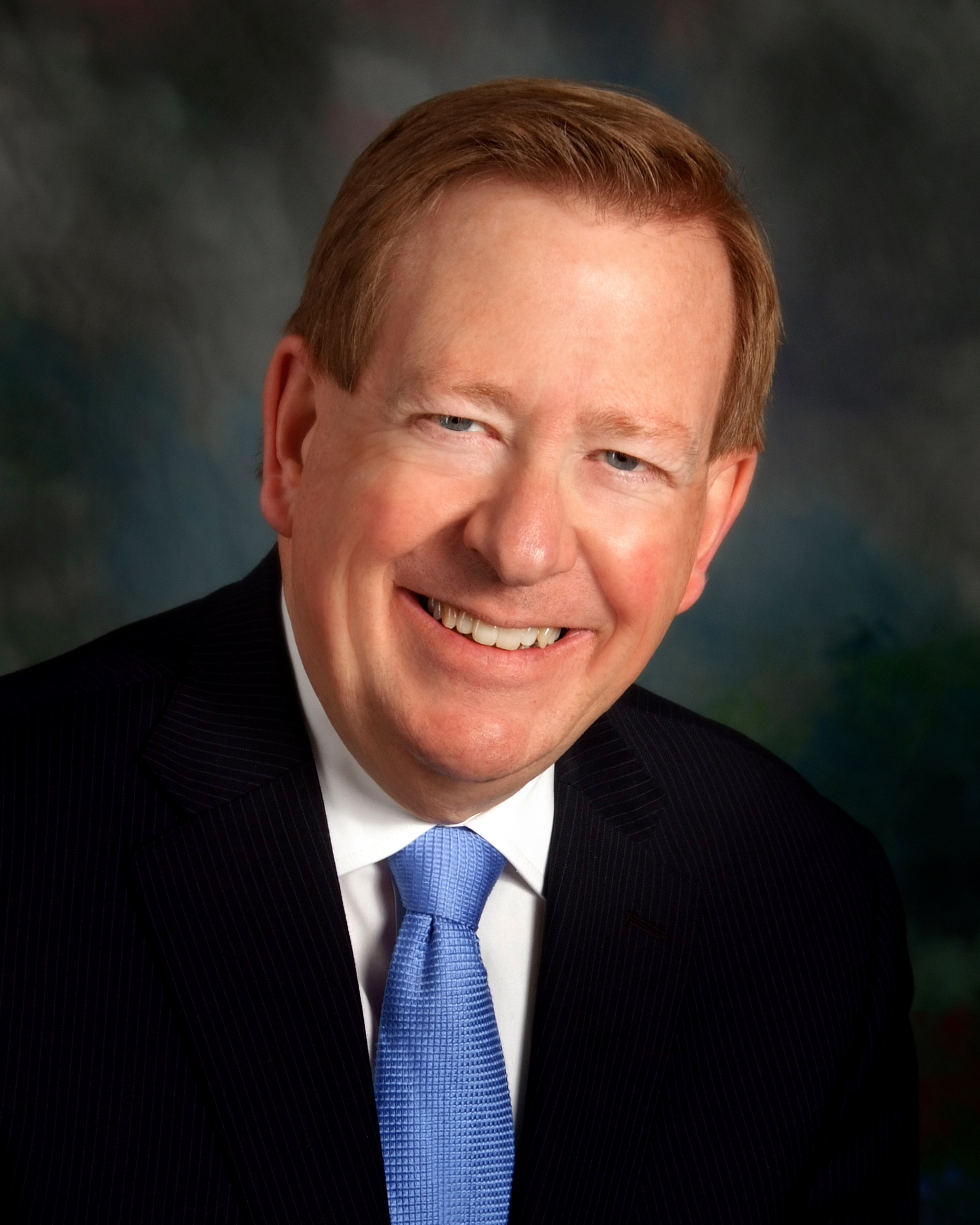Carmel Mayor Jim Brainard was recently a keynote speaker at a gathering of public officials in Washington, D.C., at the Route Fifty Clean Air Action Forum – State and Local Leadership on Climate and Clean Air Action. Brainard shared the City of Carmel’s story and the community’s emphasis on building a walkable and sustainable community.

Brainard
Route Fifty, a digital news publication that also publishes Government Executive Magazine among others, played host to the event, sitting down with state and local leaders in transportation, sustainability, air quality and the environment to discuss the dynamic between federal, state and local governments in developing and implementing energy policies that will drive economic growth and reduce emissions for the future.
Carmel has invested millions of dollars in its infrastructure to create nearly 200 miles of trails, along with bike paths and safe bike lanes to encourage transportation options that do not involve the use of a car. The city has also encouraged fewer sprawling parking lots, more parking garages and more storefronts built up on the sidewalk, as opposed to the back of a sea of asphalt.
“Cities used to be built for people and not for cars, but somewhere along the line we forgot about that, letting America’s car culture take over city and suburban design. We have tried to reverse that trend in Carmel by placing an emphasis on people, not vehicles,” said Brainard. “Driving is the problem, walkability is the solution. How do we get people to walk? By giving them a reason to walk, making it safe for them, making it comfortable and interesting. As I’ve said before, nobody wants to take a romantic walk in the evening next to a Walmart parking lot.”
Brainard noted several guiding principles that have been used when it comes to planning, including more mixed use buildings, more density and more emphasis on harmony with land and the built surroundings. He also noted the environmental benefits of having 116 roundabouts that help keep traffic moving, save fuel and reduce idling vehicles by eliminating traffic signals.
He also spoke on many of Carmel’s green initiatives, including the nearly 200 miles of multi-use paths, multiple Bike-Share stations, the first municipal “BioPasteur” system in the United States, weekly curbside recycling, solar panel summits and a gradual transition to hybrid vehicles for the city fleet.
